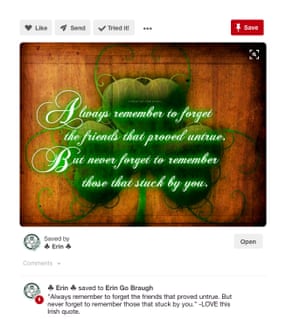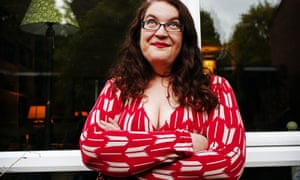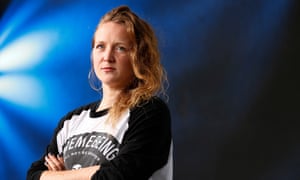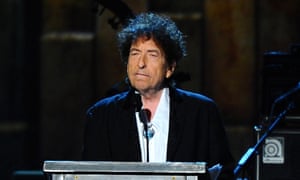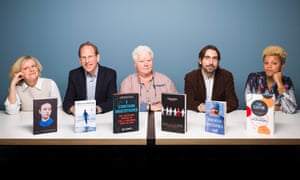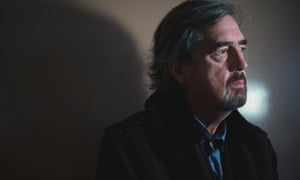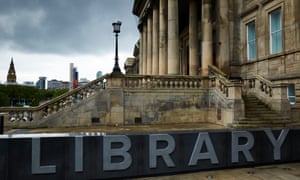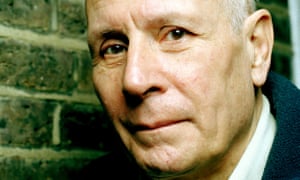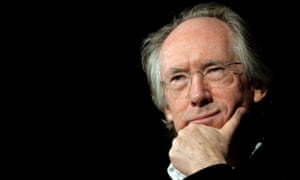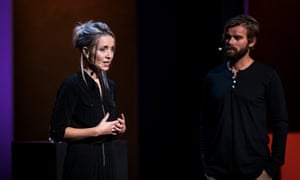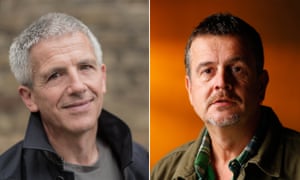Caribbean crime thriller wins inaugural prize for only BAME writers Caribbean crime thriller wins inaugural prize for only BAME writers
The Jhalak prize, set up to address UK publishing’s long lack of diversity, goes to Jacob Ross’s crime novel The Bone Readers The Jhalak prize, set up to address UK publishing’s long lack of diversity, goes to Jacob Ross’s crime novel The Bone Readers
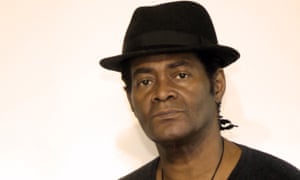
The inaugural Jhalak prize for black, Asian and minority ethnic writers (BAME) has been won by Jacob Ross with his “thrilling, visceral and meditative, and always cinematic” crime novel The Bone Readers.
Ross’s winning book shadows Digger, a plainclothes officer working in a rogue police force on the small Caribbean island of Camaho, who can read bones under LED lights. It is the first in a quartet, while also being the British Grenadian writer’s first foray into crime writing: Ross is the author of two short story collections and the acclaimed 2009 novel Pynter Bender.
In her review of The Bone Readers, Bernadine Evaristo praised the author: “Ross’s characters are always powerfully delineated through brilliant visual descriptions, dialogue that trips off the tongue, and keenly observed behaviour... The Bone Readers is a page-turner, but its insights and language are equally testament to a literary novel of impressive depth and acuity.”
Ross saw off a varied shortlist to take the £1,000 prize on Friday night, including Kiran Millwood Hargrave’s children’s book The Girl Of Ink And Stars, Abir Mukherjee’s thriller A Rising Man, Irenosen Okojie’s short-story collection Speak Gigantular, Guardian journalist Gary Younge’s exploration of US gun violence, Another Day In The Death of America and historian David Olusoga’s Black And British: A Forgotten History.
Co-founder of the prize and chair of judges Sunny Singh described The Bones Readers as “not only as an exemplar of the genre but for rising well above it”.
“The book engages - and with a masterly, feather light touch - with history as well as contemporary politics of the Caribbean. Complex issues of memory, identity and, individual and collective sense of self, are stunningly woven into this beautifully written novel. As the first of the Camaho Quartet, it hints at the expanse and scale of the forthcoming books... I know this is a book I shall go back to again and again,” she said.
Fellow judge, poet Musa Okwonga said it was “by turns thrilling, visceral and meditative, and always cinematic”, while author Catherine Johnson added that it “effortlessly draws together the past and the present, gender, politics and the legacy of colonialism in a top quality Caribbean set crime thriller”.
The prize, which was founded to improve the poor representation of BAME writers and funded by an anonymous donor, will run again next year. Two weeks before submissions closed, Singh revealed only 51 books had been submitted by publishers, despite it being open to all genres, forms and self-published writers. After Singh criticised the lack of submissions, particularly by larger publishing houses, as a demonstration of the lack of support for BAME writers in the UK, the prize eventually received 121 entries.

